Festivals in Mexico, a country with a rich cultural heritage and a history shaped by diverse influences, celebrates a myriad of festivals and holidays throughout the year. These celebrations are deeply ingrained in the cultural fabric, reflecting a fusion of indigenous traditions, Spanish colonial influences, and contemporary expressions. In this exploration, we will delve into some of the most relevant festivals and holidays in Mexico, examining their historical origins, cultural significance, and the unique ways in which they are celebrated across the nation.
1. Día de los Reyes Magos (Three Kings’ Day) – January 6th
Día de los Reyes Magos, also known as Three Kings’ Day, marks the culmination of the Christmas season in Mexico. Celebrated on January 6th, it commemorates the biblical journey of the Three Wise Men to honor the newborn Jesus. Families gather for festive meals, exchange gifts, and share a Rosca de Reyes, a sweet bread adorned with candied fruits and sometimes containing hidden figurines.
This holiday is significant for its blend of Christian traditions and indigenous customs, representing the meeting point of Spanish colonial influences and pre-Columbian beliefs. The festivities emphasize the importance of family and gift-giving, creating a joyous atmosphere as children eagerly await the arrival of the Magi.
2. Candlemas (Día de la Candelaria) – February 2nd
Candlemas, celebrated on February 2nd, marks the end of the Christmas season. This day commemorates the presentation of Jesus at the temple and the purification of the Virgin Mary. Families bring candles to church to be blessed, and it is customary to share tamales, a traditional Mexican dish, with family and friends.
Candlemas is a vivid example of the syncretism between indigenous and Catholic traditions. The use of candles symbolizes the light of Christ, while the consumption of tamales has ancient roots in pre-Columbian cultures. The celebration showcases the seamless integration of diverse influences in Mexican culture.
3. Carnaval – February/March
Carnaval in Mexico is a lively and colorful celebration that precedes the season of Lent. While Carnaval is celebrated in various regions across the country, cities like Veracruz and Mazatlán are particularly renowned for their grand festivities. The celebrations include vibrant parades, elaborate costumes, music, and dance, creating an atmosphere of exuberance and revelry.
The Mexican Carnaval is a reflection of the country’s love for music, dance, and community engagement. It provides an opportunity for people to come together, celebrate life, and express themselves through creativity and artistic expression. The festive energy of Carnaval is contagious, attracting both locals and tourists to join in the merriment.
4. Semana Santa – Holy Week (March/April)
Semana Santa, or Holy Week, is a significant religious observance in Mexico, commemorating the Passion, Crucifixion, and Resurrection of Jesus Christ. The week leading up to Easter Sunday is marked by solemn processions, religious services, and rituals. Cities like Taxco and San Miguel de Allende are known for their elaborate Semana Santa celebrations.
This week holds profound religious and cultural importance, bringing communities together in reflection and devotion. The processions feature hooded penitents, religious statues, and intricate floats, creating a moving and symbolic representation of the Christian narrative. Semana Santa underscores the deep influence of Catholicism in Mexican culture and the enduring significance of religious traditions.
5. Día del Trabajo (Labor Day) – May 1st
Día del Trabajo, or Labor Day, is a global celebration of workers and their contributions. In Mexico, May 1st is marked by demonstrations, rallies, and events organized by labor unions to advocate for workers’ rights. It is a day of solidarity, highlighting the ongoing struggle for fair labor practices and the recognition of the workforce’s importance.
This holiday reflects Mexico’s commitment to social justice and the rights of workers. It is an occasion for the labor movement to voice concerns, celebrate achievements, and emphasize the collective strength of workers in shaping the nation’s progress.
6. Cinco de Mayo – May 5th
Cinco de Mayo commemorates the Mexican victory over the French at the Battle of Puebla in 1862. While the day holds historical significance, especially in the state of Puebla, it has gained broader recognition as a celebration of Mexican culture, particularly in the United States. Festivities include parades, traditional music and dance, and the vibrant display of Mexican flags.
Cinco de Mayo is a testament to Mexico’s resilience and determination in the face of external challenges. The celebration fosters a sense of national pride and unity, emphasizing the importance of defending sovereignty and cultural identity.
7. Día de la Madre (Mother’s Day) – May 10th
Día de la Madre, or Mother’s Day, is a heartfelt celebration honoring mothers on May 10th. Families express their love and gratitude with flowers, gifts, and special meals. It is a day to recognize and appreciate the essential role of mothers in Mexican society.
This celebration reflects Mexico’s strong family-oriented culture and the deep respect for mothers. The emphasis on expressing love and gratitude aligns with traditional values, creating a day of warmth and appreciation for maternal figures.
8. Día del Niño (Children’s Day) – April 30th
Día del Niño is dedicated to celebrating and honoring children on April 30th. Schools and families organize special activities, events, and small gifts for
children, emphasizing their importance in Mexican culture. The day is marked by a focus on the well-being, happiness, and rights of children.
This celebration underscores Mexico’s commitment to nurturing the younger generation and providing a joyful environment for children. It is a day for families, educators, and communities to come together in support of children’s rights and happiness.
9. Independence Day (Día de la Independencia) – September 16th
Independence Day is one of the most significant and widely celebrated holidays in Mexico. Observed on September 16th, it commemorates the beginning of the Mexican War of Independence in 1810. Festivities include patriotic parades, the Grito de Dolores (cry for independence), fireworks, and widespread displays of the Mexican flag.
The Grito de Dolores, delivered by the President on the night of September 15th, is a symbolic and emotional moment that marks the commencement of Independence Day celebrations. Families and communities come together to express their love for Mexico and their commitment to preserving its freedom.
10. Día de la Raza (Day of the Race) – October 12th
Día de la Raza, also known as Columbus Day, commemorates Christopher Columbus’s arrival in the Americas. The day is observed with cultural events, parades, and celebrations that reflect Mexico’s diverse heritage. It is an opportunity to celebrate the blending of indigenous and European cultures, highlighting the country’s multicultural identity.
Día de la Raza emphasizes the interconnectedness of different cultures and the importance of embracing diversity. It encourages reflection on the historical encounters that shaped Mexico and the ongoing dialogue between various cultural influences.
11. Día de Muertos (Day of the Dead) – November 1st and 2nd
Día de Muertos, or Day of the Dead, is one of Mexico’s most iconic and culturally significant celebrations. Held on November 1st and 2nd, it honors deceased loved ones, blending indigenous beliefs with Catholic traditions. Families create ofrendas (altars) adorned with photographs, favorite foods, and memorabilia of the departed. Cemeteries are adorned with marigolds, and the atmosphere is one of remembrance, reflection, and celebration of life.
This UNESCO-recognized tradition represents a unique perspective on death—one that sees it as a natural part of life and an opportunity to connect with ancestors. Día de Muertos showcases Mexico’s cultural richness and its ability to embrace profound themes with creativity and joy.
12. Revolution Day (Día de la Revolución) – November 20th
Revolution Day commemorates the start of the Mexican Revolution in 1910, a pivotal event that led to social and political change. Parades, events, and ceremonies take place across the country to honor the revolutionaries and their contributions to shaping modern Mexico.
This day serves as a reminder of Mexico’s quest for justice and social equality. It celebrates the resilience of the Mexican people and their commitment to principles that have defined the nation’s identity.
13. La Virgen de Guadalupe (Feast of Our Lady of Guadalupe) – December 12th
The Feast of Our Lady of Guadalupe is a major religious celebration honoring the appearance of the Virgin Mary to Juan Diego in 1531. Pilgrimages, processions, and religious ceremonies take place, with millions of Mexicans participating in the festivities. The Basilica of Our Lady of Guadalupe in Mexico City becomes a focal point for celebrations.
The significance of this feast extends beyond religious devotion. La Virgen de Guadalupe is considered a symbol of Mexican identity and unity, transcending religious boundaries. The celebration underscores the deeply rooted connection between faith and culture in Mexico.
14. Las Posadas – December 16th to 24th
Las Posadas is a nine-night celebration leading up to Christmas, reenacting Mary and Joseph’s search for shelter in Bethlehem. Each night, families and communities come together for processions, singing, and breaking piñatas. The festivities culminate on Christmas Eve with a festive celebration.
Las Posadas reflects Mexico’s strong sense of community and hospitality. It is a time for neighbors, friends, and family to come together, reenacting a biblical narrative while fostering connections and building a sense of solidarity.
15. Christmas (Navidad) – December 25th
Christmas in Mexico is a joyous occasion marked by festive meals, family gatherings, and the exchange of gifts. Traditional foods like tamales and bacalao are enjoyed, and many families attend midnight Mass to celebrate the birth of Jesus. The festive atmosphere continues throughout the Christmas season, with decorations, music, and cultural events.
Christmas in Mexico encapsulates the warmth of family bonds and the celebration of shared traditions. It is a time for reflection, gratitude, and the joy of coming together to celebrate the holiday spirit.
Conclusion
The festivals and holidays of Mexico encapsulate the country’s diverse cultural heritage, blending indigenous traditions, Spanish colonial influences, and contemporary expressions. Each celebration reflects a unique aspect of Mexican identity, whether rooted in religious devotion, historical significance, or the joy of community gatherings. From the vibrant colors of Carnaval to the profound symbolism of Día de Muertos, these celebrations showcase Mexico’s ability to embrace both the solemn and the joyous, creating a cultural tapestry that resonates with the spirit of the nation.
These festivities also underline Mexico’s commitment to preserving traditions while embracing evolving cultural dynamics. The syncretism evident in celebrations like Día de los Reyes Magos and Día de Muertos reflects the nation’s ability to seamlessly integrate diverse influences, creating a unique and vibrant cultural mosaic.
Moreover, these celebrations serve as occasions for unity, solidarity, and reflection. Whether commemorating historical events like Independence Day and Revolution Day or honoring familial bonds in Mother’s Day and Children’s Day, these holidays bring people together, reinforcing the values that define Mexican society.
In essence, the festivals and holidays of Mexico are a reflection of the country’s dynamic and ever-evolving cultural landscape. They embody a spirit of resilience, unity, and joy, contributing to the rich tapestry that is Mexican culture. As these celebrations continue to evolve, they carry forward the stories, traditions, and shared experiences that define Mexico’s cultural identity.


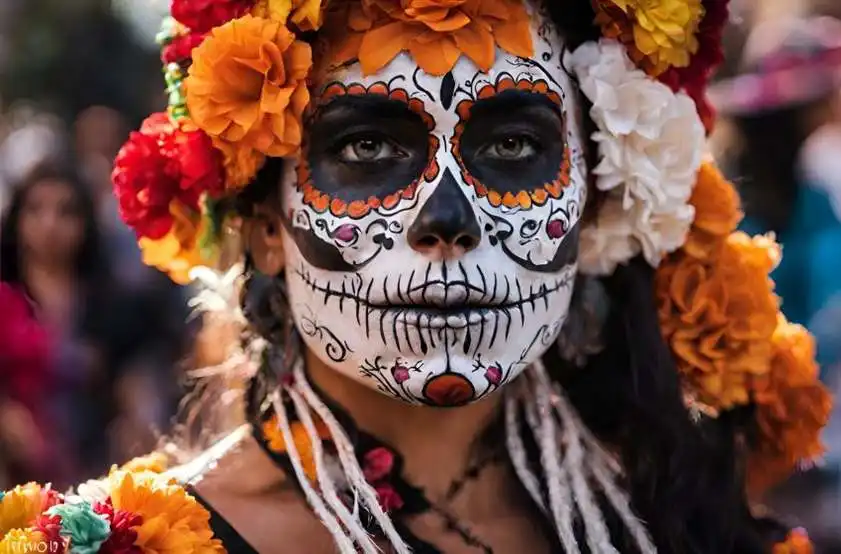

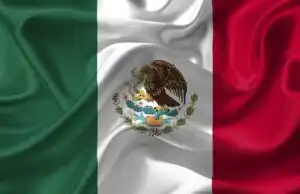
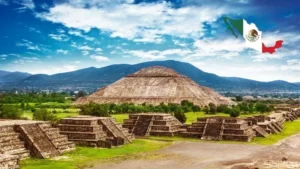
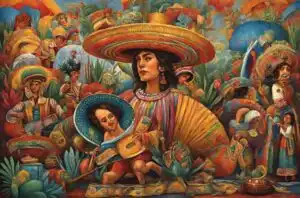
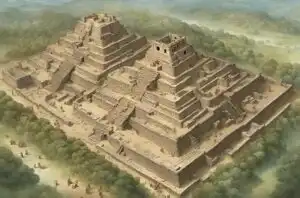
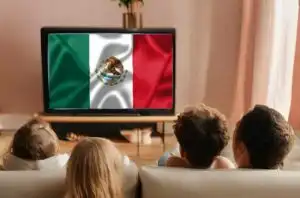
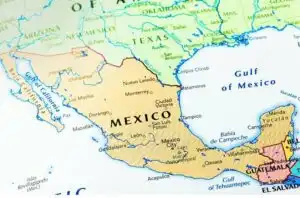
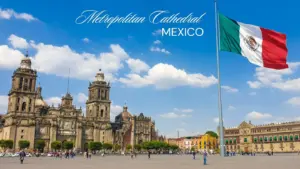
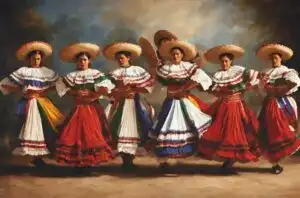
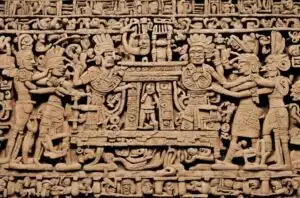
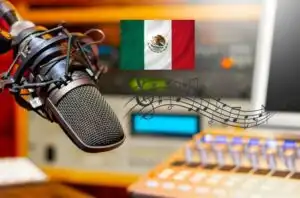
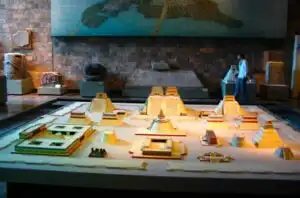
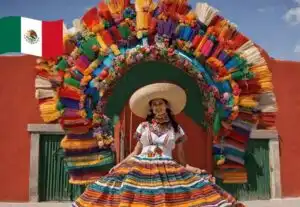
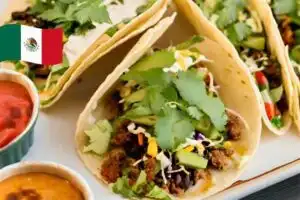
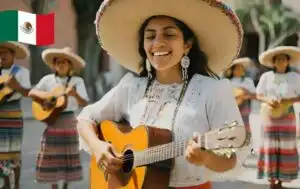

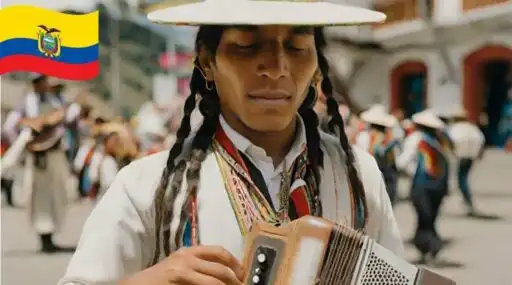
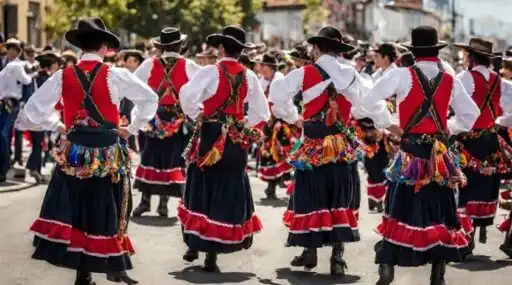
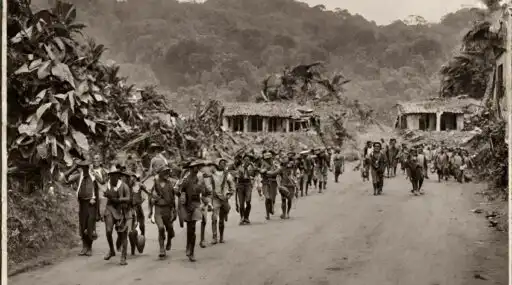
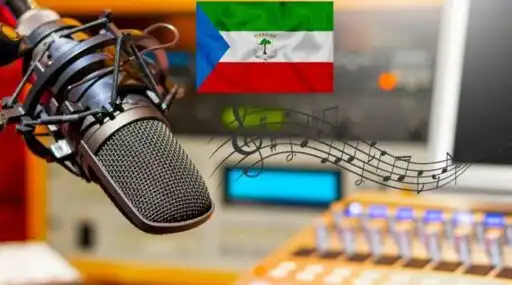



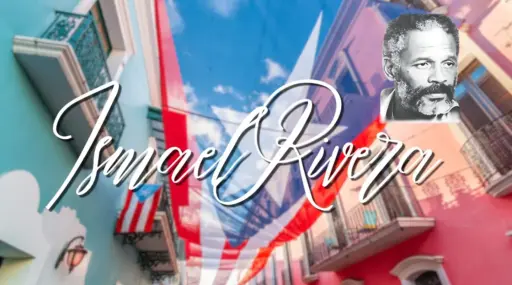
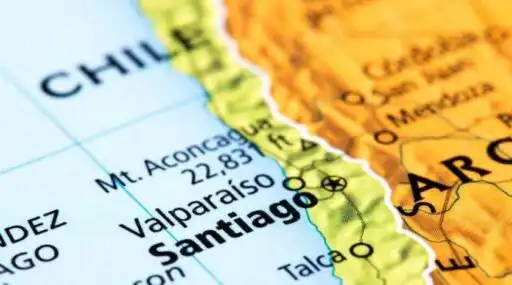
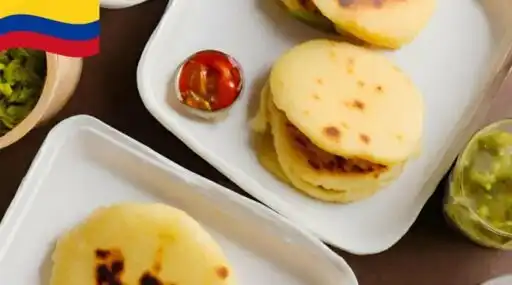
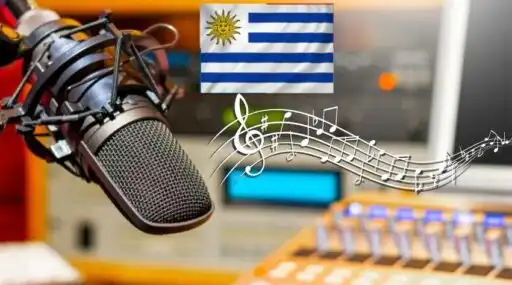


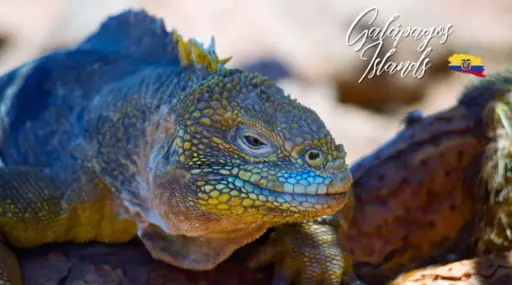


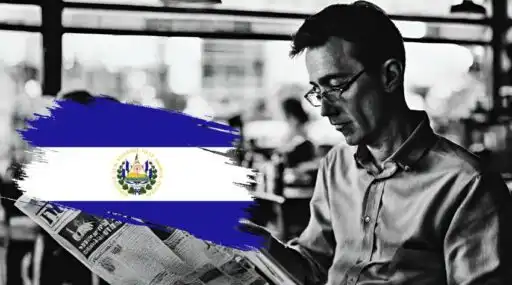
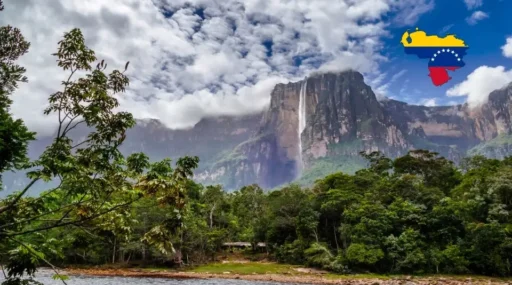
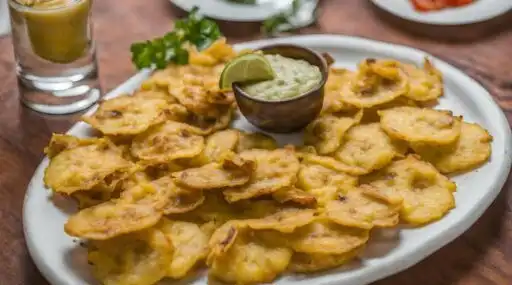
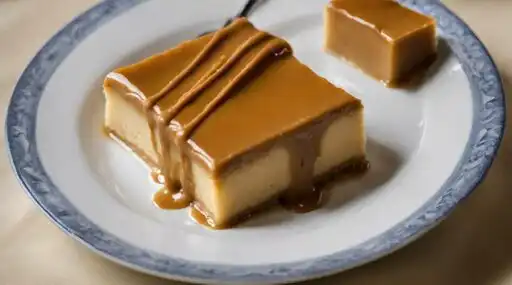
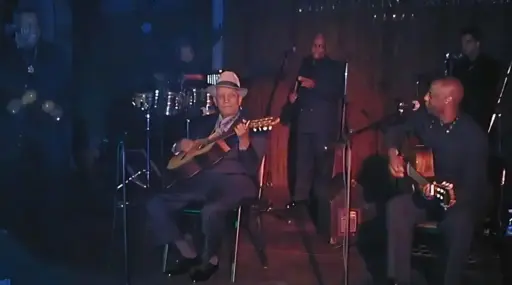

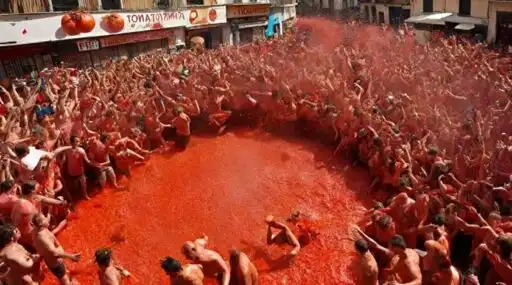
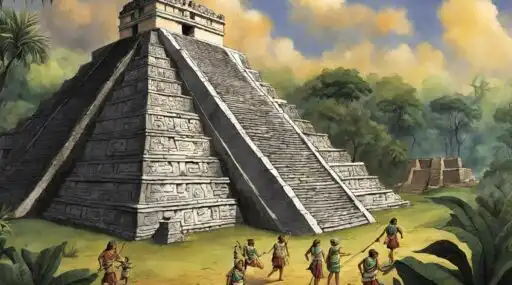
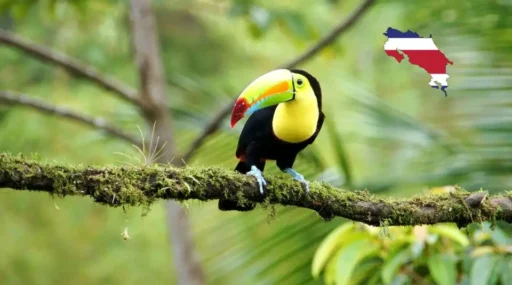
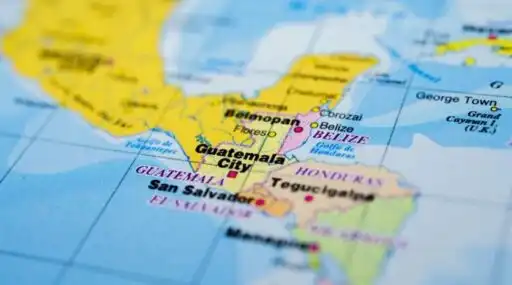
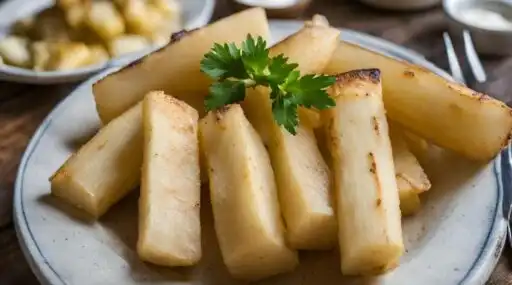

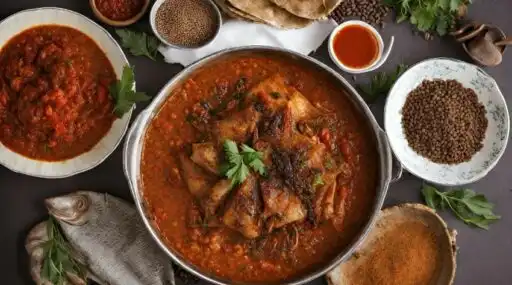
Leave a Reply